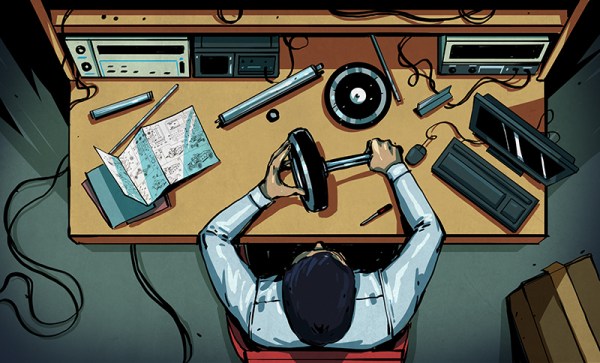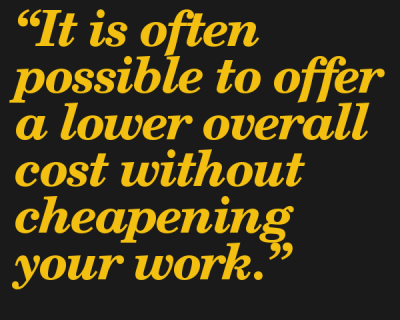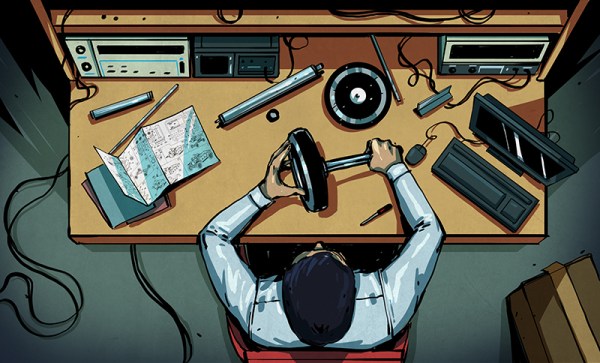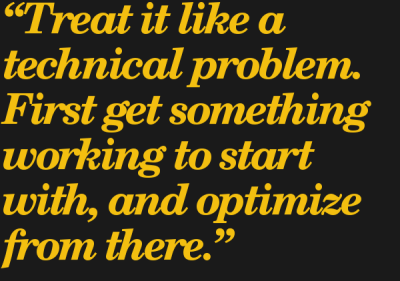We all need the occasional win when it comes to work or personal projects. Being able to feel that payoff of progress and satisfaction is deeply important, because if everything is always uphill, that’s a recipe for burnout. Avoiding that is important enough to explore how to set oneself up for a few easy wins.
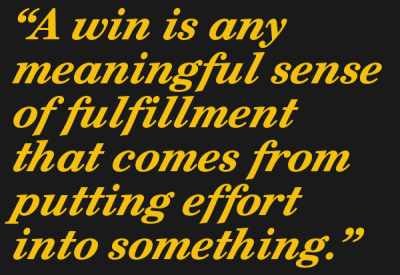 Getting the occasional win helps us stay motivated, creative, and fulfilled. Meaningful work can deliver on this, but many of us rely on hobbies to make up any shortfall. Sometimes, that isn’t enough. Hobbies themselves can end up feeling like a chore, and when that happens, they cease to provide respite. The good news is that I believe it is possible to exploit the benefits of hobbies to deliver supplemental “wins” when they are needed most, and I’ll explain how.
Getting the occasional win helps us stay motivated, creative, and fulfilled. Meaningful work can deliver on this, but many of us rely on hobbies to make up any shortfall. Sometimes, that isn’t enough. Hobbies themselves can end up feeling like a chore, and when that happens, they cease to provide respite. The good news is that I believe it is possible to exploit the benefits of hobbies to deliver supplemental “wins” when they are needed most, and I’ll explain how.
I have found that successes do not have to be hard-won in order to be beneficial, but they do need to be relevant to one’s passions and interests. So, when naturally-occurring successes come too few and far between, and hobbies aren’t doing the trick, use knowledge of yourself to stack the deck for some easy wins. It can tip the scales towards feeling meaningful progress and fulfillment in the face of what could otherwise lead to burnout. Continue reading “We All Need A Win Sometimes, So Make Them Yourself”


